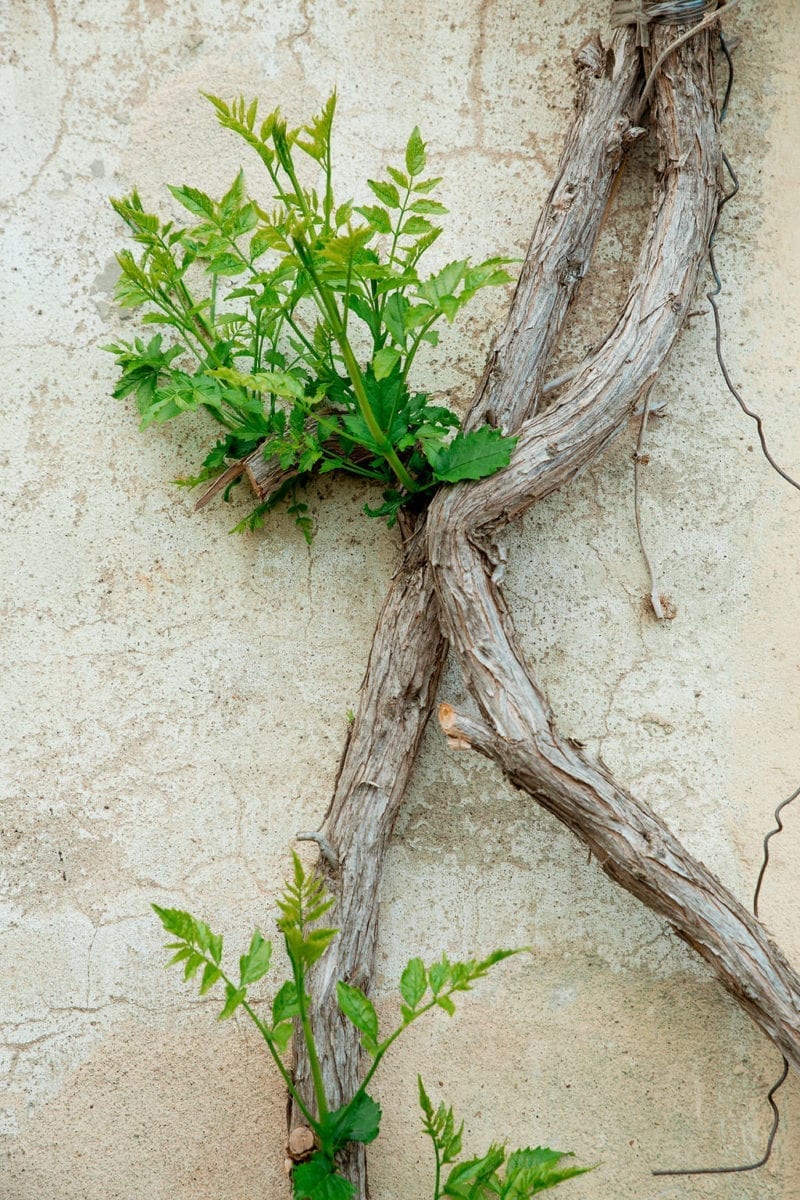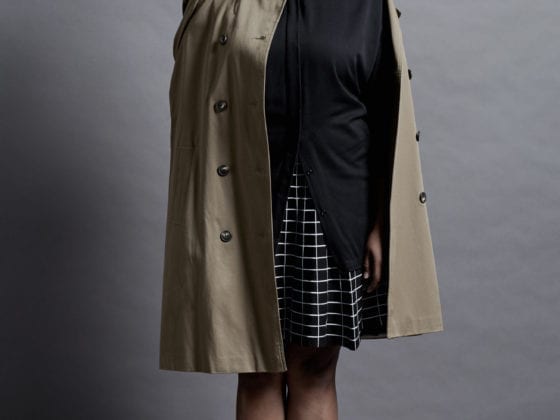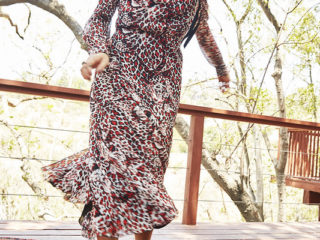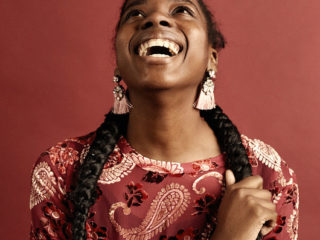What is self-awareness? I never really gave much thought to the totality of the definition because it seemed pretty self-explanatory. So, when the term became a societal buzzword and the concept became more consuming, I relied on my own simple understanding:
self-a•ware•ness – awareness of self
My thoughts were: “Self-awareness is painful.” It seemed like a legitimate definition to me.
I remember when I first wrote this sentence about self-awareness in my journal almost two years ago. I wrote this line in conjunction with a detailed and painfully vulnerable account of my struggles with negative self-talk, anger and self-sabotage. It was the first time I’d been real with myself about my mental health. Three months later I was diagnosed with major depressive disorder—clinical depression.
In a weird way, the diagnosis granted me validation to grow in self-awareness. By acknowledging my struggles, I’d done the work to progress in my mental wellness journey. So I updated my personal definition to reflect that:
By acknowledging my struggles, I’d done the work to progress in my mental wellness journey.
self-a•ware•ness – having the courage to know and admit when you’re not OK
My thoughts changed to: “Self-awareness means I know my feelings and faults.” This new definition seemed fine.
However, this understanding of self-awareness confined me to a space that only took note of what I considered to be my negative qualities. I became hyperaware of my negative self-talk—my glass half empty approach to specific situations and the negative trauma responses I’d developed as I neglected to understand the many pieces of myself and my story.
Self-awareness, according to “The Book of Jacie,” felt stagnant, heavy and self-deprecating. I needed to shift my perspective again.
Self-awareness… felt stagnant, heavy and self-deprecating. I needed to shift my perspective again.
self-a•ware•ness – the conscious knowledge of one’s own character, feelings, motives and desires.
My thoughts shifted once more to: “Self-awareness is more than knowing what you do or feel. It’s also understanding why you do things and using that knowledge to grow into a healthier version of yourself.” This definition felt right.
Up until this point, I’d viewed self-awareness as a finite thing. It is not. Now, I know that growing in self-awareness is a dynamic and ongoing process. It is a journey that may be painful at time but that encourages you to see yourself wholly and to operate from a healthy space.
Taking inventory of the parts of yourself that need work is a critical part of growing in self-awareness, but it’s not the only part. We are more than just “works in progress.” When we choose to see, know and understand the full pictures of ourselves—the strengths and weaknesses, the sweet and the bitter parts—we actively grow in self-awareness.
Growing in self-awareness is a dynamic and ongoing process.
Here are a few reminders for your journey of growing in self-awareness:
1. Intentionally decide who you are and show up.
I like to believe that we’re ever-evolving, and this is a beautiful reality. Take time to get to know the person you are today. Take inventory of areas you’d like to grow and the type of person who you want to be. That means committing to your core values, getting to know yourself over and over and choosing to appreciate every version of yourself that you encounter.
Be real with yourself. Define your goals and say no to anything that doesn’t take you toward growth. Process your feelings about where you are today on this journey (the bad and the good) and learn how to navigate them in a healthy way.
Understand your weaknesses and strengths and know that they are all pieces of who you are; however, they don’t define you. Remember the depths of who you are and your capacity to grow and evolve.
2. Listen to your body.
Pay attention to the way your body responds to certain situations, people and triggers. I’ve become acquainted with a specific feeling in my stomach, for example, that alerts me of red flags and encourages me to pause. Every human being is different, as is how our bodies react to things.
Remember the depths of who you are and your capacity to grow and evolve.
For you, it may be a headache at the sign of stress or fear. Tune in to your body. Make note of what it is telling you and choose to trust it.
3. Be patient with yourself.
Give yourself grace. What feels like a step back can sometimes be a mark of considerable progress in your self-awareness journey. This isn’t a race. You’re on your own journey.
How have you progressed in your awareness of yourself? How does self-awareness benefit both you and the people around you?
Image via Ellie Thorne










